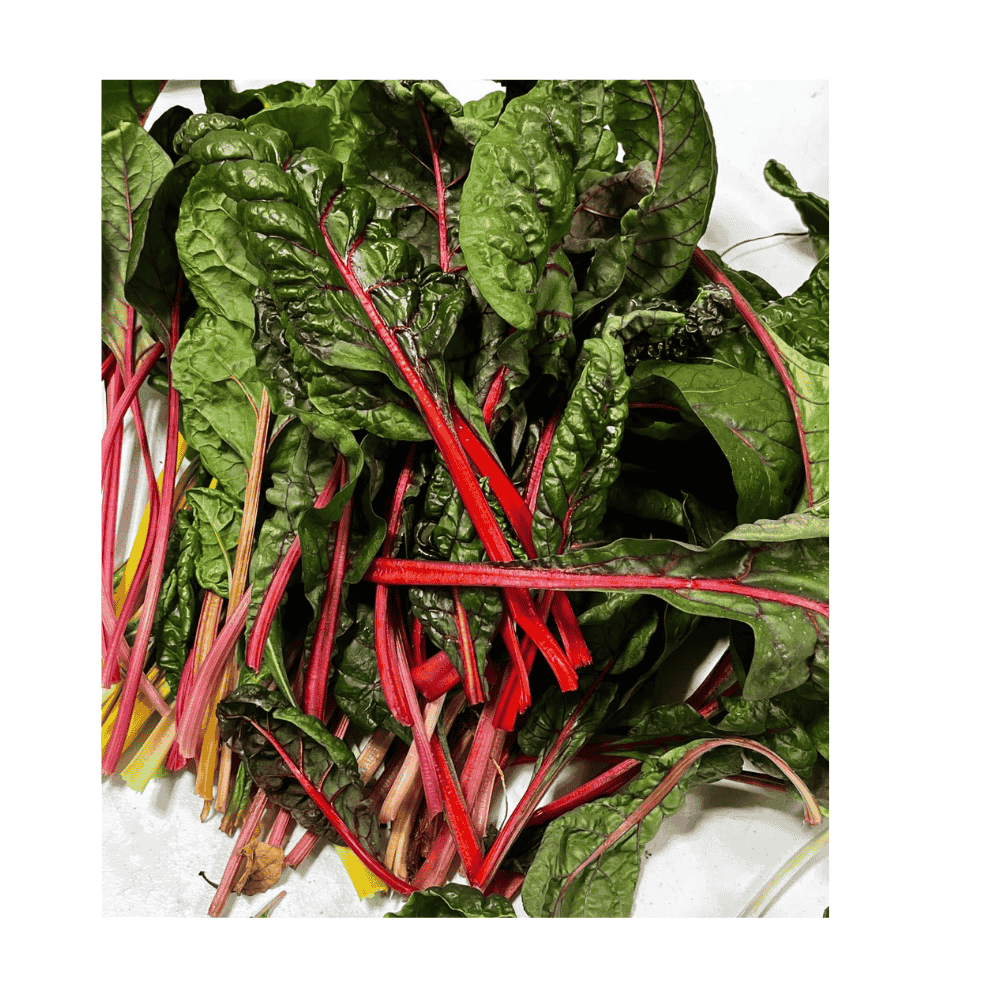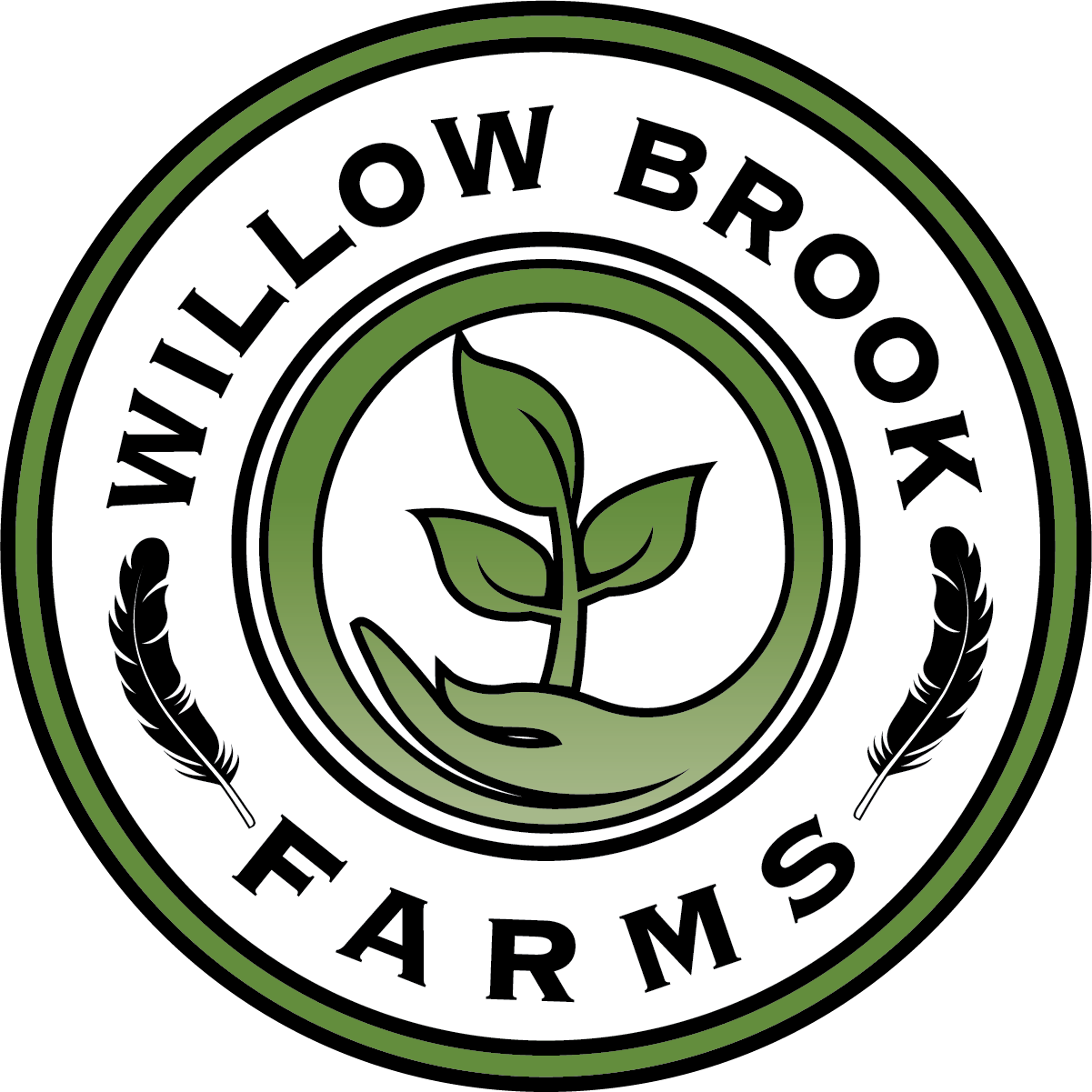Willow Brook Farms' Mission
EMPOWERING THE NEXT GENERATION
Our mission is to educate and empower Indigenous youth and community leaders by showcasing the transformative power of agriculture. We believe that when we change the food we eat, we change the way we live—improving our health, restoring our connection to the land, and reclaiming food sovereignty for generations to come. Through innovative vertical farming technology, hands-on training, and sustainable practices, we aim to build resilient, self-sufficient communities that thrive through year-round food production, local employment, and shared knowledge. At Willow Brook Farms, we are not just growing food—we are cultivating hope, health, and a stronger future for all.

Efficiency & Sustainability
Up to 95% less water than traditional farming:
NASA and studies by the University of Arizona show aeroponics uses up to 98% less water than soil farming, ideal for water-scarce and remote regions.
90% less land use:
- Vertical farms grow more food per square foot by utilizing vertical space a massive advantage in urban or land-constrained environments.
No herbicides or pesticides:
- Plants grown aeroponically are not exposed to soil-borne diseases, significantly reducing or eliminating the need for harmful chemicals.

Local Food, Lower Emissions
Shorter supply chains:
Vertical and indoor farms can be placed directly in or near communities, cutting down transportation costs and reducing carbon emissions by up to 70% compared to imported produce.
Fresher, longer shelf life:
Locally grown produce reaches consumers within hours, not days, retaining more nutrients and reducing food waste.
Production & Yield
Up to 3x faster growth:
Aeroponically grown crops often have faster growth cycles due to optimal nutrient delivery and controlled environments.
Year-round growing:
Indoor farms aren’t affected by weather, making it possible to grow fresh produce 365 days a year regardless of location — a major win for northern and remote communities.
Higher yields per plant:
Some systems show up to 70% more yield per plant compared to soil-based agriculture.
Economic & Social Impact
Creates jobs and training opportunities:
Facilities can support local employment in tech, farming, education, and operations.
Supports food sovereignty:
For Indigenous and rural communities, aeroponics empowers self-sustaining food systems and reduces dependency on outside supply chains.
Major investments:
Companies like AeroFarms, Plenty, and Bowery Farming have raised hundreds of millions in investment — validating the sector’s potential and scalability
